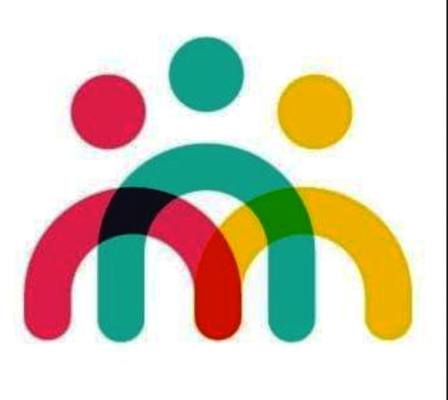Nigerians Face Fresh Financial Strain as CBN Introduces New Withdrawal Fees.
The Cloud Network Foundation (CNF) has called on the Federal Government of Nigeria to reconsider the recently introduced ATM withdrawal charges by the Central Bank of Nigeria (CBN), warning that the policy will further strain Nigerians’ finances and deepen the economic crisis already affecting millions.
RELATED: Imposition of 0.0005 % cybersecurity levy is anti-people, says Cloud Network Foundation
Understanding the New ATM Charges
In its latest directive, the CBN announced the implementation of a tiered withdrawal charge system, significantly affecting customers who withdraw from ATMs outside their bank’s network:
- N100 charge per N20,000 withdrawal from an ATM operated by another bank
- No charge for withdrawals from a customer’s own bank’s ATM
- N100 per N20,000 charge + additional surcharges (up to N500) for withdrawals from off-site ATMs (outside bank premises)
- International ATM withdrawals will be subject to fees determined by the international acquirer
The CBN defends these charges, citing rising operational costs and the need to improve ATM service efficiency. However, this comes at a time when Nigerians are already dealing with a harsh economic climate marked by:
- A 50% telecom tariff increase recently approved by the Federal Government
- Hikes in petrol and electricity prices, pushing up the overall cost of living
- Soaring inflation, which has eroded purchasing power
CNF Condemns New Charges, Calls for Policy Review
Reacting to the development, Mr. Abimbola Tooki, Chairman of the Cloud Network Foundation, strongly condemned the policy, urging the government to reverse the decision and prioritize policies that ease financial pressure on Nigerians rather than exacerbate their struggles.
“If the federal government continues approving policies that increase the burden on the masses, one wonders which agency will be next to introduce yet another round of charges,” Tooki remarked.
He emphasized that rather than imposing excessive costs on consumers, the government should:
- Create an enabling business environment to reduce operational challenges for financial institutions
- Address regulatory bottlenecks that drive up costs in the banking and service industries
- Stabilize the economy to improve purchasing power and ease financial burdens
Nigerians Paying More, But Getting Less
CNF’s position echoes growing concerns among Nigerians who feel that, despite continuous price hikes across essential services—including banking, telecommunications, fuel, and electricity—there has been no corresponding improvement in service delivery or infrastructure development.
Many citizens argue that:
- Increased revenue from these charges has not translated into better banking services
- Bank ATMs frequently experience cash shortages, long queues, and technical downtimes
- Public services remain poor despite government promises of improved efficiency
Time for Government to Rethink Economic Policies
With economic hardship worsening, the Cloud Network Foundation is calling on the Federal Government to prioritize policies that focus on:
- Reducing the cost of doing business for financial institutions rather than shifting costs onto consumers
- Strengthening economic stability by tackling inflation and improving purchasing power
- Encouraging digital financial inclusion by making banking transactions more affordable, not more expensive
CNF warns that if urgent measures are not taken to cushion the financial burden on citizens, Nigeria’s economic situation will deteriorate further, pushing millions deeper into financial distress.
































